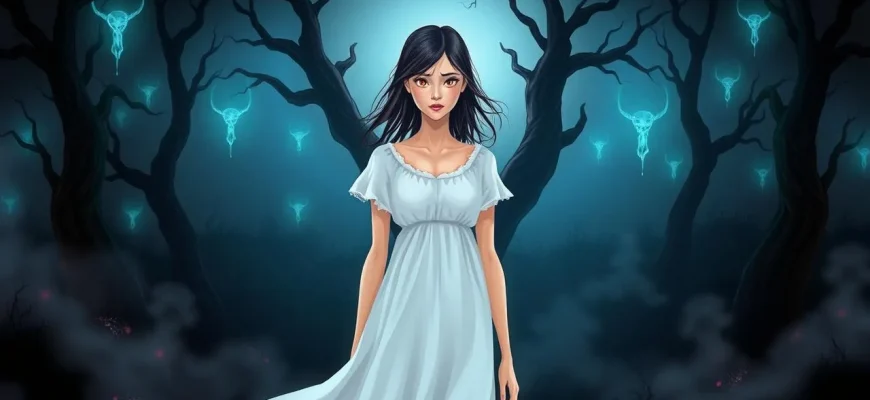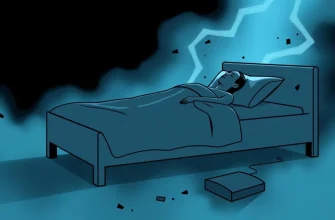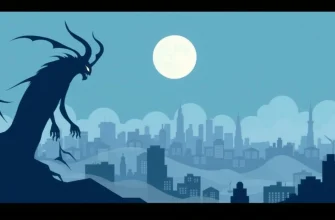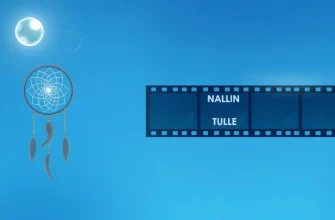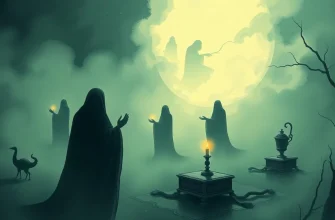Delving into the realm where the subconscious mind blurs with reality, this curated list of films explores the chilling concept of nightmares manifesting in the waking world. These movies not only entertain but also provoke thought about the power of our dreams and fears, offering a unique cinematic experience that lingers long after the credits roll.
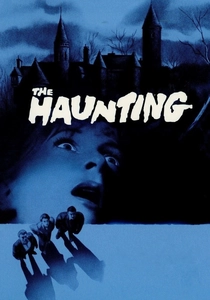
The Haunting (1963)
Description: A classic tale of a group of people investigating a reputedly haunted house, where their fears and nightmares come to life.
Fact: The film was based on Shirley Jackson's novel "The Haunting of Hill House," and its psychological horror was groundbreaking for its time.
 Watch Now
Watch Now
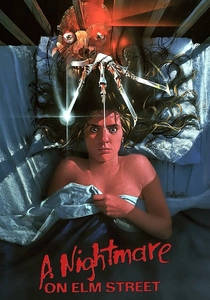
A Nightmare on Elm Street (1984)
Description: This iconic horror film introduces Freddy Krueger, a malevolent spirit who invades the dreams of teenagers, turning their nightmares into deadly reality.
Fact: The character of Freddy Krueger was inspired by real-life events and urban legends. The film's director, Wes Craven, was influenced by reports of Cambodian refugees dying in their sleep from nightmares.
 Watch Now
Watch Now
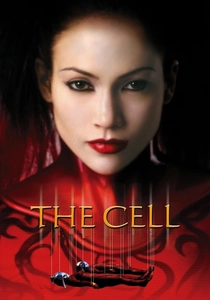
The Cell (2000)
Description: A psychotherapist enters the mind of a comatose serial killer to find the location of his latest victim, navigating through his twisted dream world.
Fact: The film's surreal dream sequences were heavily influenced by the works of Salvador Dalí and H.R. Giger.
 Watch Now
Watch Now
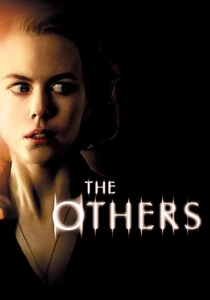
The Others (2001)
Description: A woman living in a darkened old house with her two photosensitive children becomes convinced that her family home is haunted.
Fact: The film was shot entirely in Spain, with the house being a real location, adding to the eerie atmosphere.
 Watch Now
Watch Now
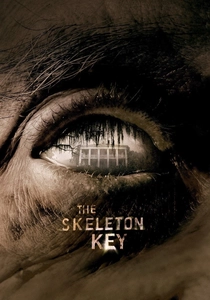
The Skeleton Key (2005)
Description: A hospice nurse working at a spooky New Orleans plantation home finds herself entangled in the occult practices of Hoodoo, where the line between reality and nightmare blurs.
Fact: The film was shot in a real plantation house, which added to the authenticity of the setting.
 Watch Now
Watch Now
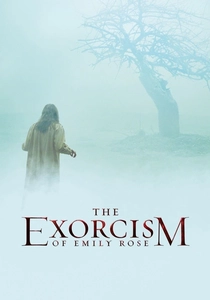
The Exorcism of Emily Rose (2005)
Description: Based on a true story, this film follows a lawyer defending a priest accused of negligent homicide after an exorcism goes wrong, delving into the supernatural and the psychological.
Fact: The film was inspired by the real-life case of Anneliese Michel, whose exorcism and subsequent death led to a legal trial.
 Watch Now
Watch Now

Inception (2010)
Description: A professional thief who steals information by infiltrating the subconscious of his targets is offered a chance to erase his criminal record by planting an idea into someone's mind.
Fact: The film's dream layers were inspired by the concept of lucid dreaming and the idea of dream within a dream.
 Watch Now
Watch Now
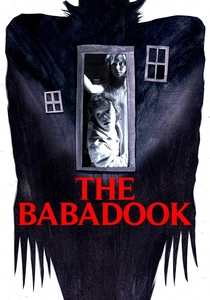
The Babadook (2014)
Description: A single mother, plagued by the violent death of her husband, battles with her son's fear of a sinister presence from a pop-up book, which seems to come to life.
Fact: The film was initially rejected by several film festivals for being too disturbing but later gained critical acclaim for its psychological depth.
 Watch Now
Watch Now
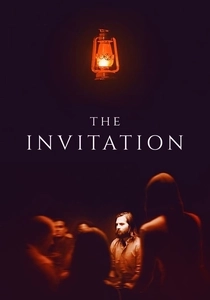
The Invitation (2015)
Description: A man attends a dinner party hosted by his ex-wife, where the evening takes a sinister turn as he begins to suspect that the guests are part of a cult with deadly intentions.
Fact: The film was shot in just 20 days, with much of the tension built through the use of long takes and minimal editing.
 Watch Now
Watch Now
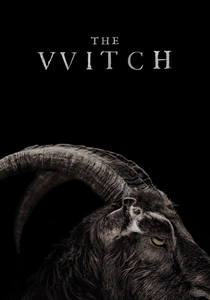
The Witch (2015)
Description: Set in 1630s New England, a family is torn apart by dark forces, both real and imagined, leading to a descent into madness and witchcraft.
Fact: The film's dialogue was written in the style of the period, using authentic language from the era.
 Watch Now
Watch Now

